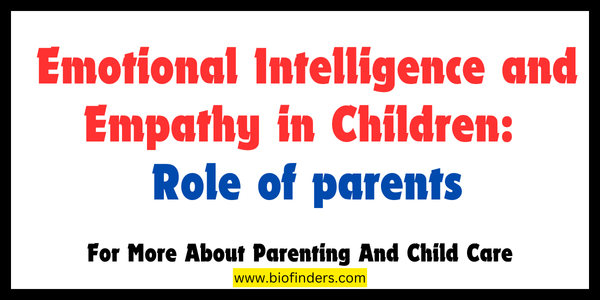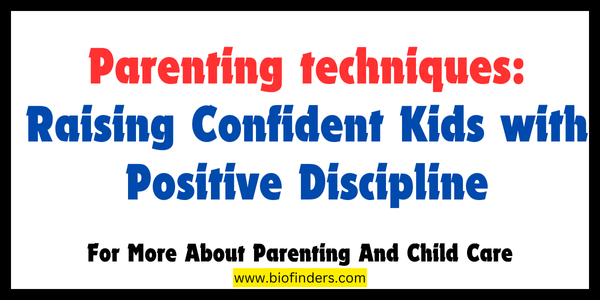In today’s complex world, academic success is only one piece of the puzzle. Emotional intelligence (EQ) and empathy are crucial skills that equip children to navigate life’s challenges, build strong relationships, and thrive. As parents, we play a vital role in nurturing these vital aspects of our children’s development. This blog will explore various ways parents can cultivate emotional intelligence and empathy in their children.
Building the Foundation: Self-Awareness is Key
The cornerstone of emotional intelligence is self-awareness. This involves understanding one’s own emotions, recognizing their triggers, and appreciating how emotions influence thoughts and behaviors. Here’s how parents can help:
- Labeling Emotions: From a young age, help your child identify their emotions by using simple terms like happy, sad, angry, or scared. Say things like, “It looks like you’re feeling frustrated because you can’t build that tower.” This helps children build a vocabulary for their emotions and fosters self-understanding.
- Mirroring Emotions: Validate your child’s feelings by reflecting them back in a calm and accepting way. For example, “I see you’re feeling disappointed that your friend couldn’t come over.” This shows your child that their emotions are valid and encourages them to explore them further.
- Creating a Safe Space for Expression: Encourage your child to express their feelings openly and honestly. Let them know it’s okay to feel sad, angry, or frustrated sometimes. Active listening without judgment fosters a safe space for emotional exploration.
Cultivating Empathy: Stepping into Another’s Shoes
Empathy is the ability to understand and share the feelings of others. It allows children to build strong relationships and navigate social situations effectively. Here are some ways parents can nurture empathy:
- Reading Stories with Emotional Themes: Children’s books that explore emotions provide a springboard for discussing empathy. Talk about how characters might be feeling in different situations and encourage your child to guess their motivations.
- Modeling Empathy: Children learn best by observing. Be mindful of how you respond to others’ emotions. Show compassion and understanding in your interactions, and explain your reasoning to your child.
- Encouraging Perspective-Taking: During playtime or through storytelling, encourage children to think about situations from another person’s perspective. Ask questions like, “How do you think your friend might be feeling if you took their toy?”
Developing Emotional Regulation: Managing the Storm Within
Emotional regulation is the ability to manage emotions in a healthy way. Helping children develop this skill equips them to deal with challenges constructively. Here are some strategies:
- Calming Techniques: Teach your child simple calming techniques like deep breathing exercises, counting to ten, or taking a short walk. Practice these techniques together during calm moments, so they’re readily available when emotions run high.
- Identifying Triggers: Help your child identify situations or events that trigger strong emotions. Once they understand their triggers, you can work together to develop coping mechanisms.
- Expressing Emotions Healthily: Provide healthy outlets for expressing emotions, such as talking it out, drawing, playing sports, or engaging in creative activities.
Building Social Skills: Putting It All Together
Social skills are the tools children use to interact effectively with others. By fostering emotional intelligence and empathy, parents indirectly contribute to the development of strong social skills. Here are some additional ways to support your child:
- Encouraging Communication: Help your child develop strong communication skills by encouraging them to express their needs and wants assertively. Role-playing scenarios can be a helpful tool.
- Conflict Resolution: Teach your child conflict resolution skills. Encourage them to listen to the other person’s perspective, brainstorm solutions, and find a compromise that works for everyone.
- Celebrating Kindness: Point out and celebrate acts of kindness and empathy that your child demonstrates. This reinforces positive social behaviors.
Remember: It’s a Journey, Not a Destination
Developing emotional intelligence and empathy is an ongoing process. There will be setbacks and moments of frustration, for both you and your child. However, by being patient, consistent, and providing a supportive environment, you can empower your child to navigate their emotions, connect with others, and thrive in life.




Leave a Reply